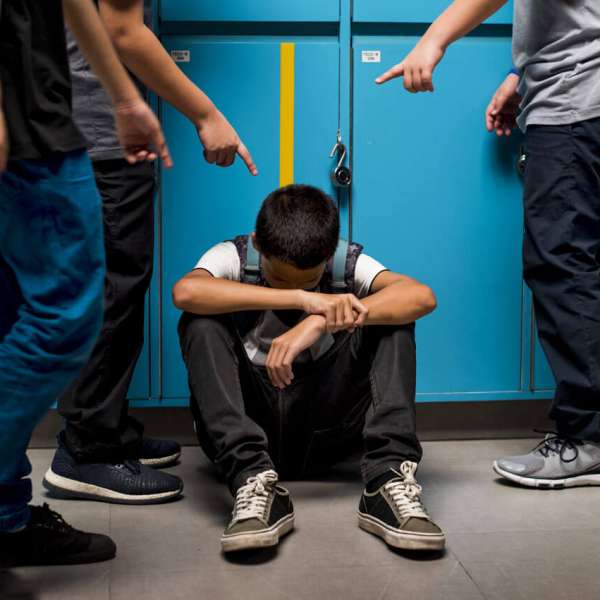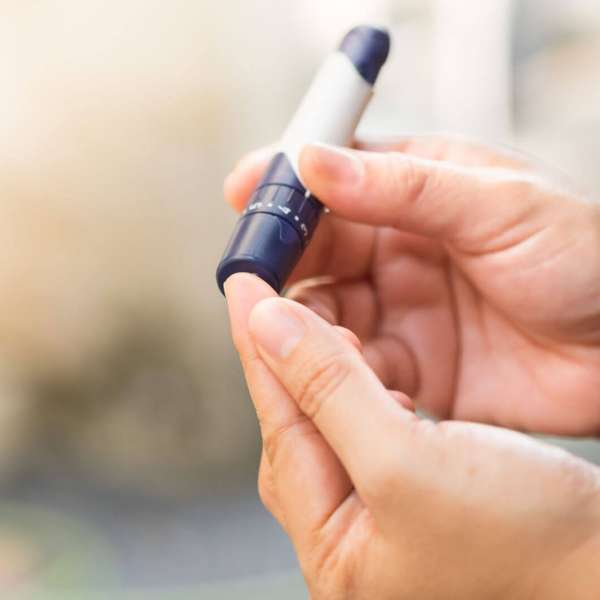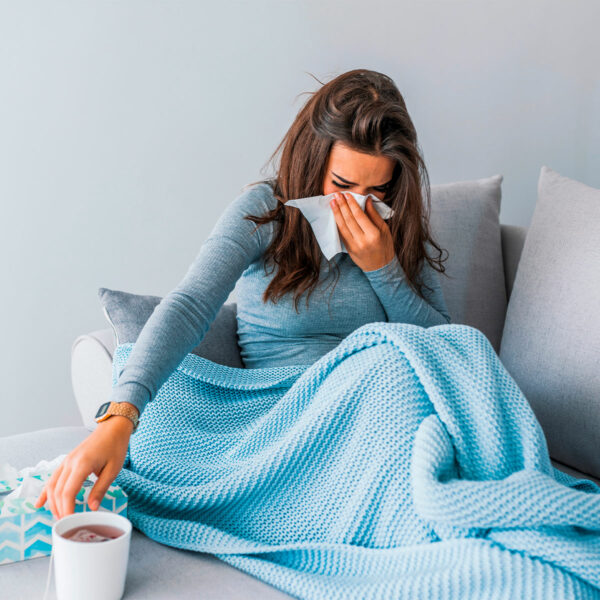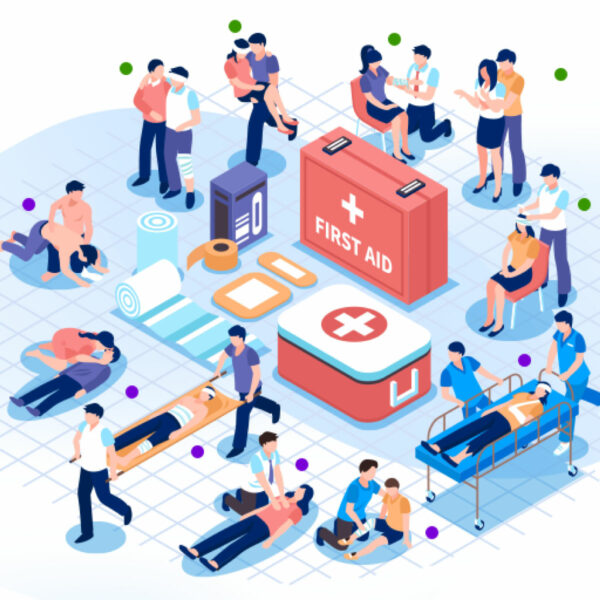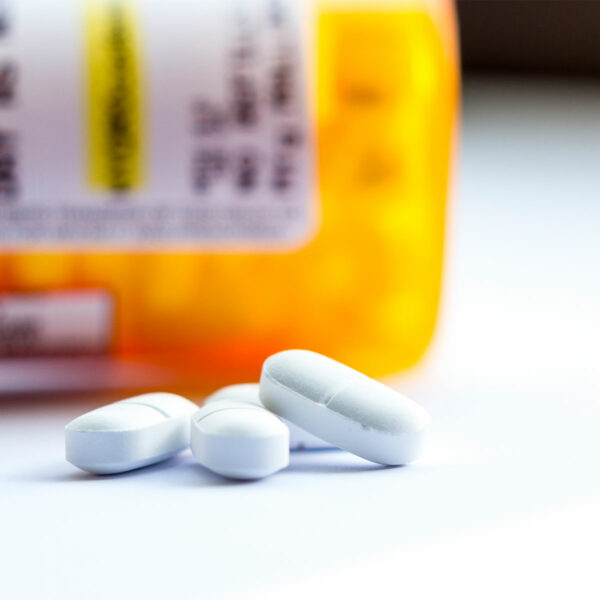Depression is a health problem that alters people’s mood. Those who suffer it may feel very tired, grief, numb, and mental distress.
Depression is NOT a brief feeling of sadness. This mental health problem alters people’s way of thinking, feeling, and acting. If it is not treated in time, it can last years and impact people’s quality of life.
This health issue can happen at the same time with other sickness, such as diabetes, cancer, and heart conditions, as well as chronic pain. It can also affect anyone, no matter what age, race, socioeconomic class, or educational background.
The signs and symptoms of depression are:
• Feelings of sadness, emptiness, or hopelessness
• Anger or frustration
• Loss of interest or pleasure in favorite activities
• Fatigue and lack of energy
• Trouble sleeping
• Feelings of worthlessness or guilt
• Trouble thinking, focusing, making decisions, and remembering details
• Changes in appetite (eating too much or not at all)
• Physical symptoms (upset stomach, backache, or headache)
• Frequent thoughts about death or suicidal ideation
Some treatments for depression may include:
• Psychological therapy: It may consist of chats with a therapist to help identify and handle problems adequately.
• Meds therapy: The most often prescribed meds for depression care are known as antidepressants. These should be taken as told by the doctor. Do not stop taking them without asking with your doctor first.
How to fight depression
• Have a positive mindset and change your general outlook on life
• Don’t try to take on too many amounts of responsibility
• Set Up real goals
• Learn something new
• Focus on engaging in events you enjoy (recreational, social, or spiritual)
• Practice spirituality through meditation
• Eat foods that help mental wellbeing (whole foods, fruits, and vegetables)
• If you are in a bind and don’t know what to do, make deep breathing exercises
• Avoid consuming alcohol and other drugs
• Exercise or do some physical activity (at least 30 minutes a day)
• Rest well (at least 7 to 9 hours a day)
• Stay in touch with your family and friends, and have someone you can trust in
• Get the help offered by family and friends
• Practice gratefulness
• Pamper yourself and spend time doing activities that help your wellbeing
• Bask in the sunlight daily
• Put off making main decisions (getting married, getting a divorce, changing jobs) until your depression drops
• Remember that your mood will improve slowly, so don’t lose heart: feeling better takes time
• Follow your treatment with a mental health care expert
Remember: prevention is key. And if you need to, ask for help! Be on the lookout to notice the signs of depression in time and seek help from a mental health care expert to get an evaluation. You will feel better much faster and be able to enjoy an improved quality of life.
TSS-MKT-3653-2022-B





